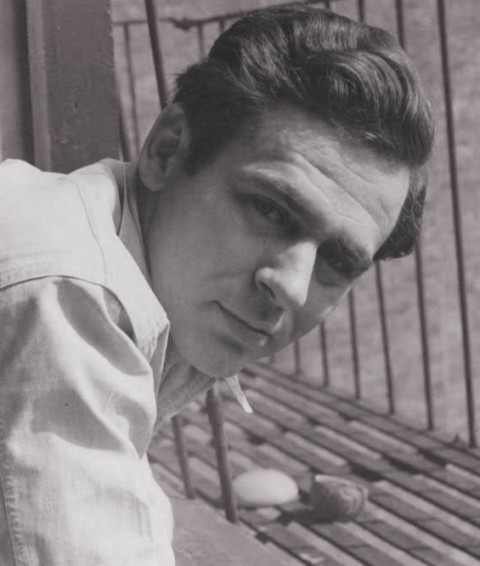
Here, James Agee writes to Father James Flye, his grade school teacher and lifelong mentor, about racial slurs and his recent reading. His warm, informal style is typical of the hundreds of letters sent in their decades-long correspondence.
Dear Father:
I’m very sorry not to have returned David’s letter long before this. It got mixed up in a change of coats, then in my work, then in my guilt, which can neatly prevent my doing just what would relieve it. Much the same is why I’ve for so long failed to write at least a line.
You wonder whether other people share your distaste for using the word Jap. I do, from the bottom of my liver. Also Nip, Nippon, Sub (even U-Boat bothers me though I sometimes use it), and war effort. I am sure I could think of more, if I could think at all. Yes, Jerry—at least when an American uses it; even if I were an Englishman I don’t think I’d want to. And Reds. And Muscovites. And Russ. And Blitz (though it’s a good word). People who use such words would also talk of their tummy.
Late at night I’ve been doing some reading—which I shamefully lack the energy to do more than list. Stendhal’s The Red and the Black; The Good Soldier Schweik by Jaroslav Hasek; and a book analyzing Blake’s poems and minor prophecies. The one I recommend 97 per cent to you is Schweik, which might be St. Andrew’s transplanted to the Austro-Hungarian Army—the funniest and sorest satire on bureaucrats, authoritarians, scientists and other poops that I have ever read. Also a very good book on E. M. Forster by Lionel Trilling, who writes very finely about the naive literal assumption that the world is redeemable and divisible in terms of sheep and goats, who are terribly offended by the world when it doesn’t play ball that way, and who above all are baffled by a novelist (Forster) so wicked as to make comedy of them and of the world and to be a literal himself. He quotes Stendhal as observing that Gaiety is the sign of the intelligent man—a statement which ought to be written across practically every “intelligent” forehead I know of.
The Stendhal is wonderful. I’ve never seen more beautiful narration of cross-purpose between people, intricate mutual and self-deceptions, the evil that can grow out of a good impulse, the good that can grow out of an evil one.
I’ve been specially wishing I could see you since borrowing from Jimmy Stern two books of poems by John Betjeman (Welsh-English, Jimmy says) called Continual Dew and Old Lights for New Channels. I’ll enclose some quotes, but I’m not sure they’re enough to show why I think you’d like him so much. I’ll quote from Betjman’s preface: “The suburbs, thanks to Punch, which caters for them, are now considered ‘fuzzy’. Some people still think Victorian industrial scenery is only fit for invective. Churches are always ‘fuzzy’ when they are written about by a devotional writer. Gaslight is fuzzy. Post Street is fuzzy, all sorts of places and things are fuzzy if only the fuzzy writers are fuzzy about them. I love suburbs and gaslights and Post Street and Gothic Revival churches, provincial towns and garden cities. They are, many of them, part of my bodyguard. From them I try to create an atmosphere which will be remembered by those who have had a similar bodyguard, when England is all council houses and truck roads and steel and glass factory blocks in the New Europe after the war.” They are as pure English as anything I know.
Well, I’m tired already, and still want to copy some for you. So I’ll stop.
Goodnight and love to you — and thank you especially, Father, for your New Year’s letter.
Rufus
From Letters of James Agee to Father Flye. Agee, James, and James Harold Flye. New York: G. Braziller, 1962.


